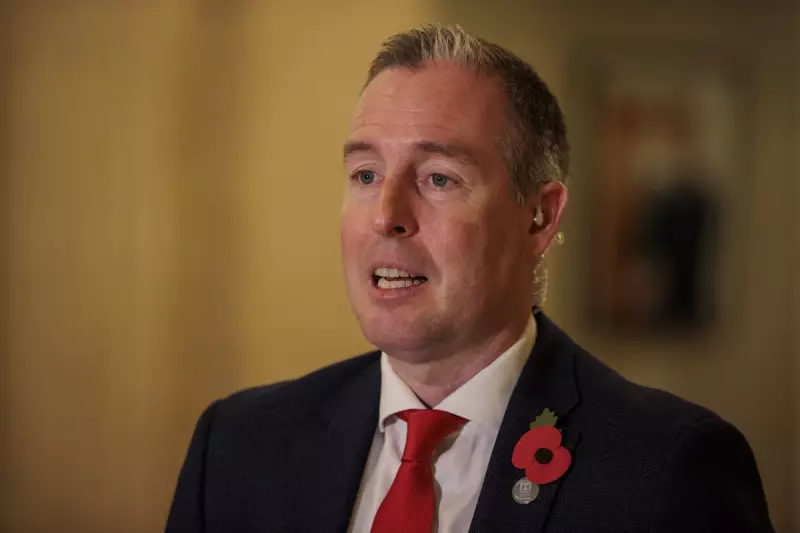
Northern Ireland's delicate political equilibrium has been shaken after comments from Sinn Féin ministers about Israel prompted a swift intervention from Westminster and sparked outrage among political opponents.
Ministerial Comments Draw Westminster Rebuke
The controversy emerged when Sinn Féin's Finance Minister, Caoimhe Archibald, and Economy Minister, Conor Murphy, made statements describing Israel's actions in Gaza as "war crimes" and suggesting the country should be "made a pariah." These remarks, made in their capacity as constituency representatives rather than ministers, nevertheless created significant political waves.
Northern Ireland Secretary Chris Heaton-Harris responded firmly, stating that such comments were "not appropriate" and emphasizing that foreign policy remains a matter reserved for the UK government. The intervention highlighted the ongoing tensions around devolved authority in sensitive international matters.
DUP Condemns "Two-Faced" Approach
Democratic Unionist Party (DUP) interim leader Gavin Robinson launched a strong critique of Sinn Féin's position, accusing the party of wanting to "have their cake and eat it." He questioned how Sinn Féin ministers could participate in a government while simultaneously advocating for positions fundamentally at odds with official UK policy.
"They want to be in government, but they don't want to accept the responsibilities of government," Robinson stated, capturing the essence of the DUP's criticism of their power-sharing partners.
Broader Implications for Power-Sharing
This incident raises important questions about the boundaries of devolved power and the consistency required within coalition governments. The controversy comes at a particularly sensitive time for the restored Stormont administration, which only recently resumed operation after a two-year hiatus.
Political analysts suggest that such disputes test the resilience of the power-sharing agreement and could influence public confidence in the stability of Northern Ireland's political institutions.
Historical Context and Future Challenges
Sinn Féin's position on international affairs, particularly regarding Palestine, has been consistent over time. However, their current role as ministers in a devolved government operating within the broader framework of UK foreign policy creates new complexities.
As the situation develops, all eyes will be on how Sinn Féin navigates these competing responsibilities while maintaining the coalition government's stability. The outcome may set important precedents for how devolved administrations engage with international matters in future.






